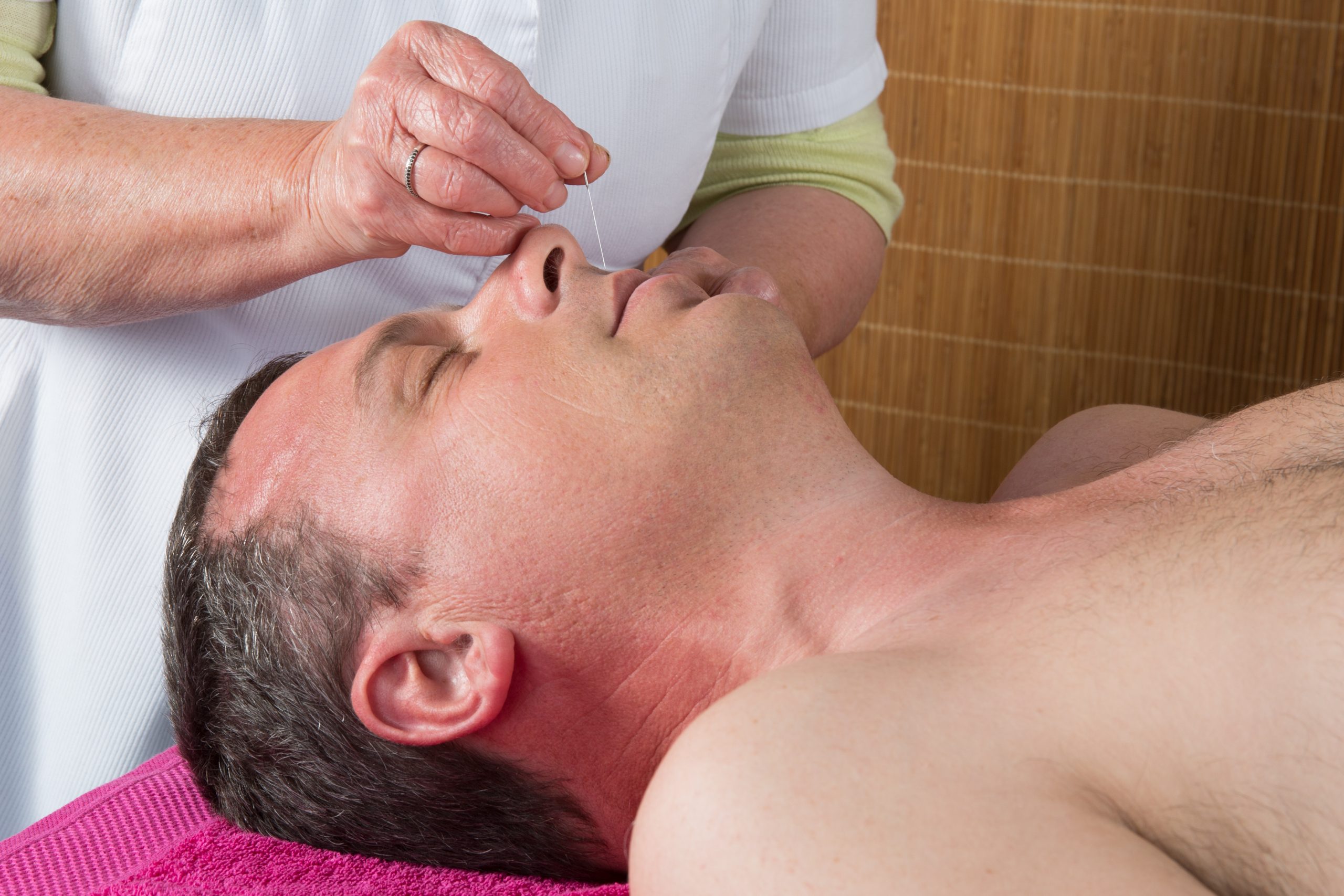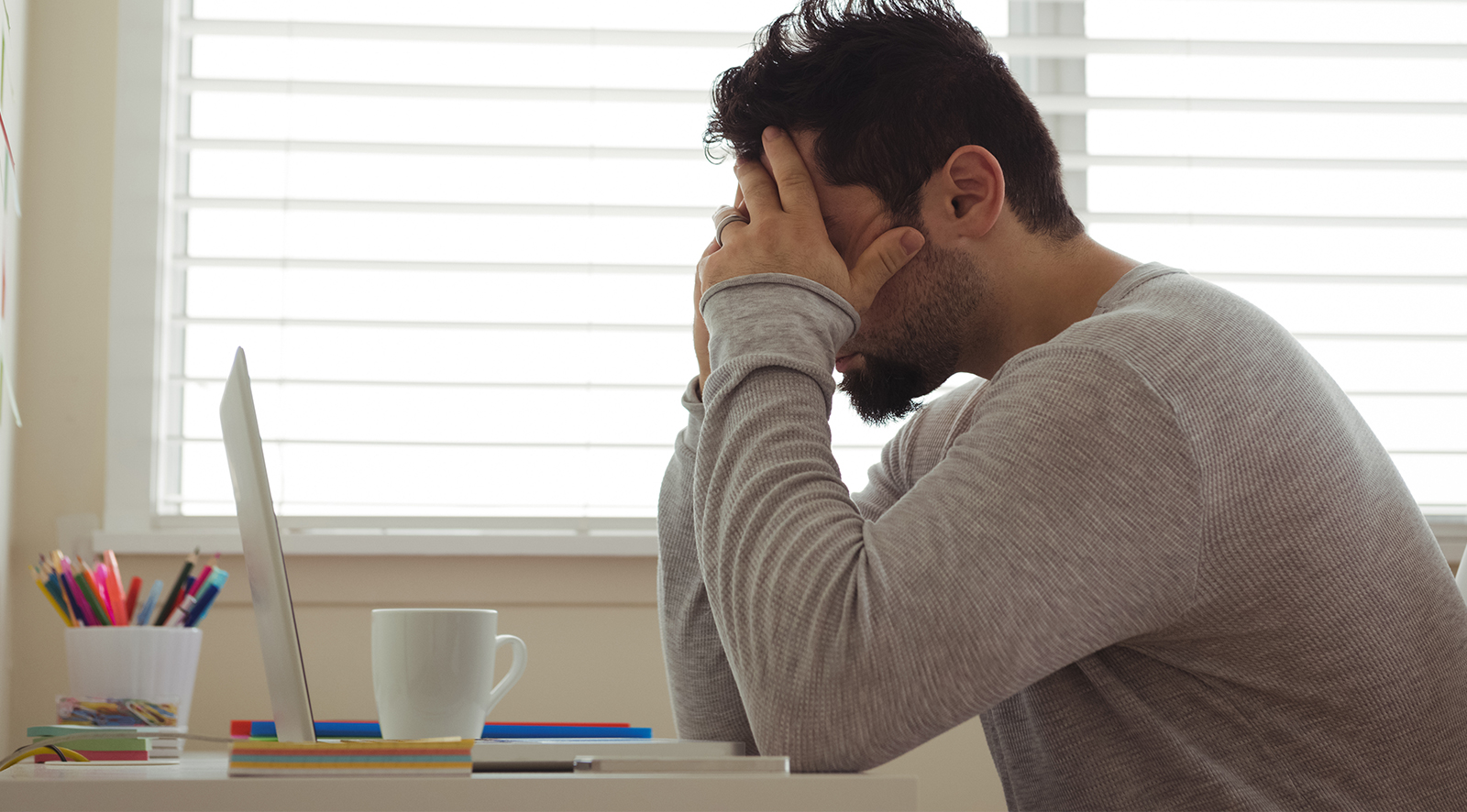
Are you experiencing work-related stress? If so, you are not alone. A survey in 2017 has found that Australians are feeling more stressed than ever, with a lack of sleep, work pressures and even social media playing a role. The number of stressed Aussies has jumped by about a third to 4.9 million during the past decade. Comcare, the Federal work health and safety regulator, recently reported that there has been a 54 per cent increase in mental health claims since 2006. Most blamed a lack of sleep, trying to juggle too many things and work pressures for causing them to feel stressed. Work stress is becoming one of the main occupational hazards in Australian workplaces. Other factors that affect stress levels include alcohol, smoking, exams, pregnancy, divorce, moving, death in family, lifestyle, drugs, poor nutrition and unemployment.
Stress can lead to serious health problems. Chronic stress disrupts nearly every system in your body. It can suppress your immune system, upset your digestive and reproductive systems, increase the risk of heart attack and stroke, and speed up the aging process. Many people turn to common stress relief methods such as exercise, sleep, and meditation, but more and more people are seeking holistic practices and alternative methods to relieve stress. Acupuncture for stress may be a natural alternative approach to help with stress relief.

Stress is your body’s way of responding to any kind of demand or threat to protect you. Feeling stressed is a natural, physiological reaction that keeps you focused and productive. Your brain sends signals to trigger the body’s “fight-or-flight” system when you feel alarmed. In emergency situations, stress can save your life—giving you extra strength to defend yourself. Once the trigger is removed, your body will return to a relaxed state.
However, beyond a certain point, stress stops being helpful and starts causing major damage to your health, your mood, your productivity, your relationships, and your quality of life. Chronic exposure to stress can lead to serious health problems such as heart disease, diabetes and mental disorders.
The signs of stress can vary from one individual to the next. They may manifest physically as an illness, tiredness or lethargy, or as symptoms such as sore, tight muscles, dull skin, lank hair, or erratic sleep patterns. Mental stress can result in depression, mood swings, anger, frustration, confusion, paranoid behaviour, jealousy or withdrawal.
Acupuncture involves the use of very fine needles inserted into certain identified acupuncture points on “meridians” which run throughout the body and correspond to certain organs. Meridians can be thought of as a highway of energy, or “qi” in traditional Chinese medicine. Acupuncture works by getting rid of the roadblocks on this energy superhighway. From a physiological perspective, acupuncture acts like physical therapy for the nervous system. In general, acupuncture is believed to stimulate the nervous system and cause the release of neurochemical messenger molecules. Acupuncture for stress and remedial massage can help reduce physical, mental and emotional effects of stress. Some studies have shown acupuncture can stimulate the release of substances within the body to relax the body, and also regulate serotonin levels in the brain which directly affects emotional wellbeing. It can help relieve common physical manifestations of stress in your body such as tension and pain in the neck, back and shoulders, headaches and migraines, poor digestion and much more.

The Acupuncture Evidence Project published in 2017 is a review of the evidence supporting the efficacy of acupuncture currently available.
You can also view the factsheet in the British Acupuncture Council’s website home page section marked Research. In this factsheet you can find an assessment of the value of acupuncture for treating stress in general.
If you’re having stress, talk with your GP first to rule out any serious underlying problems. How stress presents in your life and what the main presenting causes are can have a huge bearing on how well it can be treated. If someone is trapped in a job they hate with an unpleasant boss whom they have to put up with to pay a large mortgage, there is nothing that treatment can do to change the material circumstances and possibly the best it can manage is to reduce the impact of these day to day vexations. Where the causes are more internal it may be possible to achieve more. Speaking directly to one of our members is the best course of action. Acupuncture for stress cannot change the circumstances of a person’s life, but it may relieve feelings of stress and anxiety. As the heavy feelings of stress lifted, a person feels more confidence in his ability to cope with the negative aspects of life and make necessary changes. This in turn can also help in eliminating dependence on chemical substances.
We use acupuncture, remedial massage and Chinese herbal medicines to help with stress relief. We also give our patients advice for them to practice regular exercise and adopt healthy eating and lifestyle habits. All of these combined may help prevent and reduce the need for more invasive medical interventions. For more information regarding acupuncture for stress please contact us at our Perth or Subiaco clinic (Perth Clinic: 9228 8828; Subiaco Clinic: 9380 4171). Alternatively, you can send us your queries through our online contact page.
Are you experiencing work-related stress? If so, you are not alone. A survey in 2017 has found that Australians are feeling more stressed than ever, with a lack of sleep, work pressures and even social media playing a role. The number of stressed Aussies has jumped by about a third to 4.9 million during the past decade. Comcare, the Federal work health and safety regulator, recently reported that there has been a 54 per cent increase in mental health claims since 2006. Most blamed a lack of sleep, trying to juggle too many things and work pressures for causing them to feel stressed. Work stress is becoming one of the main occupational hazards in Australian workplaces. Other factors that affect stress levels include alcohol, smoking, exams, pregnancy, divorce, moving, death in family, lifestyle, drugs, poor nutrition and unemployment.
Stress can lead to serious health problems. Chronic stress disrupts nearly every system in your body. It can suppress your immune system, upset your digestive and reproductive systems, increase the risk of heart attack and stroke, and speed up the aging process. Many people turn to common stress relief methods such as exercise, sleep, and meditation, but more and more people are seeking holistic practices and alternative methods to relieve stress. Acupuncture for stress may be a natural alternative approach to help with stress relief.

Stress is your body’s way of responding to any kind of demand or threat to protect you. Feeling stressed is a natural, physiological reaction that keeps you focused and productive. Your brain sends signals to trigger the body’s “fight-or-flight” system when you feel alarmed. In emergency situations, stress can save your life—giving you extra strength to defend yourself. Once the trigger is removed, your body will return to a relaxed state.
However, beyond a certain point, stress stops being helpful and starts causing major damage to your health, your mood, your productivity, your relationships, and your quality of life. Chronic exposure to stress can lead to serious health problems such as heart disease, diabetes and mental disorders.
The signs of stress can vary from one individual to the next. They may manifest physically as an illness, tiredness or lethargy, or as symptoms such as sore, tight muscles, dull skin, lank hair, or erratic sleep patterns. Mental stress can result in depression, mood swings, anger, frustration, confusion, paranoid behaviour, jealousy or withdrawal.
Acupuncture involves the use of very fine needles inserted into certain identified acupuncture points on “meridians” which run throughout the body and correspond to certain organs. Meridians can be thought of as a highway of energy, or “qi” in traditional Chinese medicine. Acupuncture works by getting rid of the roadblocks on this energy superhighway. From a physiological perspective, acupuncture acts like physical therapy for the nervous system. In general, acupuncture is believed to stimulate the nervous system and cause the release of neurochemical messenger molecules. Acupuncture for stress and remedial massage can help reduce physical, mental and emotional effects of stress. Some studies have shown acupuncture can stimulate the release of substances within the body to relax the body, and also regulate serotonin levels in the brain which directly affects emotional wellbeing. It can help relieve common physical manifestations of stress in your body such as tension and pain in the neck, back and shoulders, headaches and migraines, poor digestion and much more.

The Acupuncture Evidence Project published in 2017 is a review of the evidence supporting the efficacy of acupuncture currently available.
You can also view the factsheet in the British Acupuncture Council’s website home page section marked Research. In this factsheet you can find an assessment of the value of acupuncture for treating stress in general.
If you’re having stress, talk with your GP first to rule out any serious underlying problems. How stress presents in your life and what the main presenting causes are can have a huge bearing on how well it can be treated. If someone is trapped in a job they hate with an unpleasant boss whom they have to put up with to pay a large mortgage, there is nothing that treatment can do to change the material circumstances and possibly the best it can manage is to reduce the impact of these day to day vexations. Where the causes are more internal it may be possible to achieve more. Speaking directly to one of our members is the best course of action. Acupuncture for stress cannot change the circumstances of a person’s life, but it may relieve feelings of stress and anxiety. As the heavy feelings of stress lifted, a person feels more confidence in his ability to cope with the negative aspects of life and make necessary changes. This in turn can also help in eliminating dependence on chemical substances.
We use acupuncture, remedial massage and Chinese herbal medicines to help with stress relief. We also give our patients advice for them to practice regular exercise and adopt healthy eating and lifestyle habits. All of these combined may help prevent and reduce the need for more invasive medical interventions. For more information regarding acupuncture for stress please contact us at our Perth or Subiaco clinic (Perth Clinic: 9228 8828; Subiaco Clinic: 9380 4171). Alternatively, you can send us your queries through our online contact page.

© Copyright 2022. Baolin Acupuncture & Chinese Medicine Centre. All Rights Reserved.